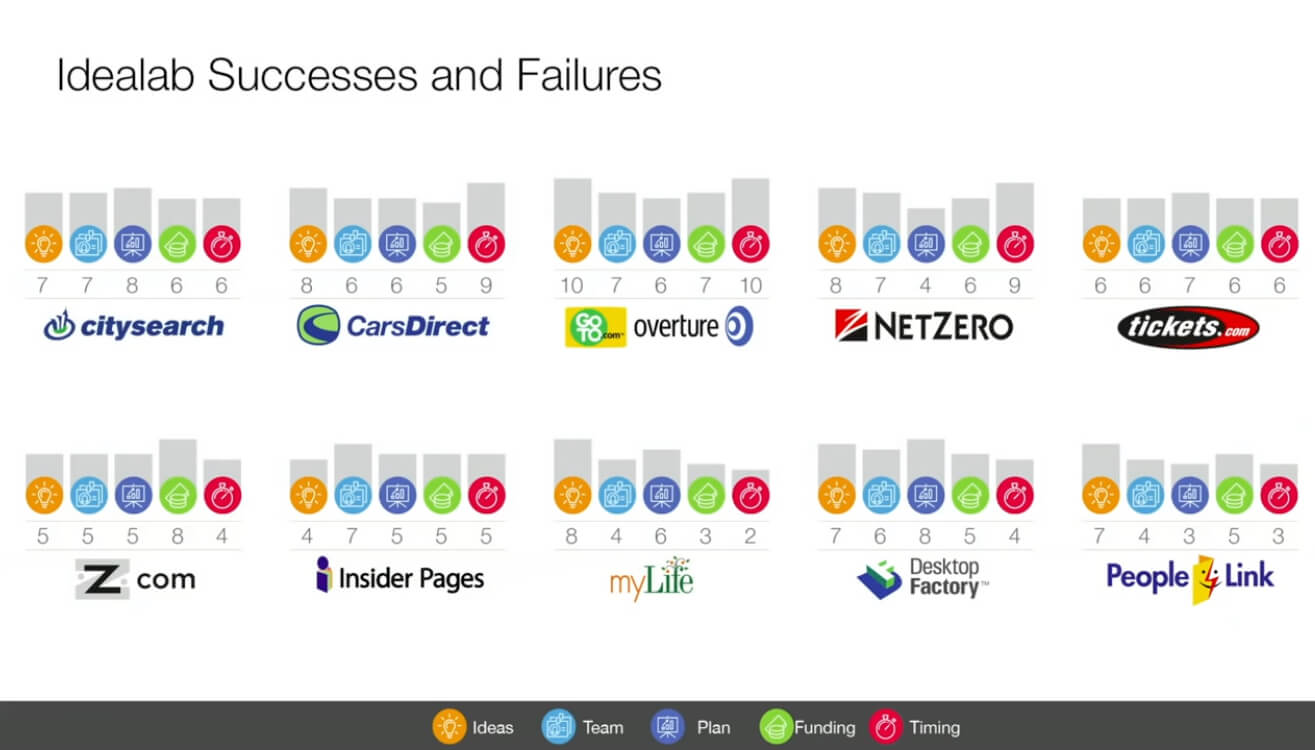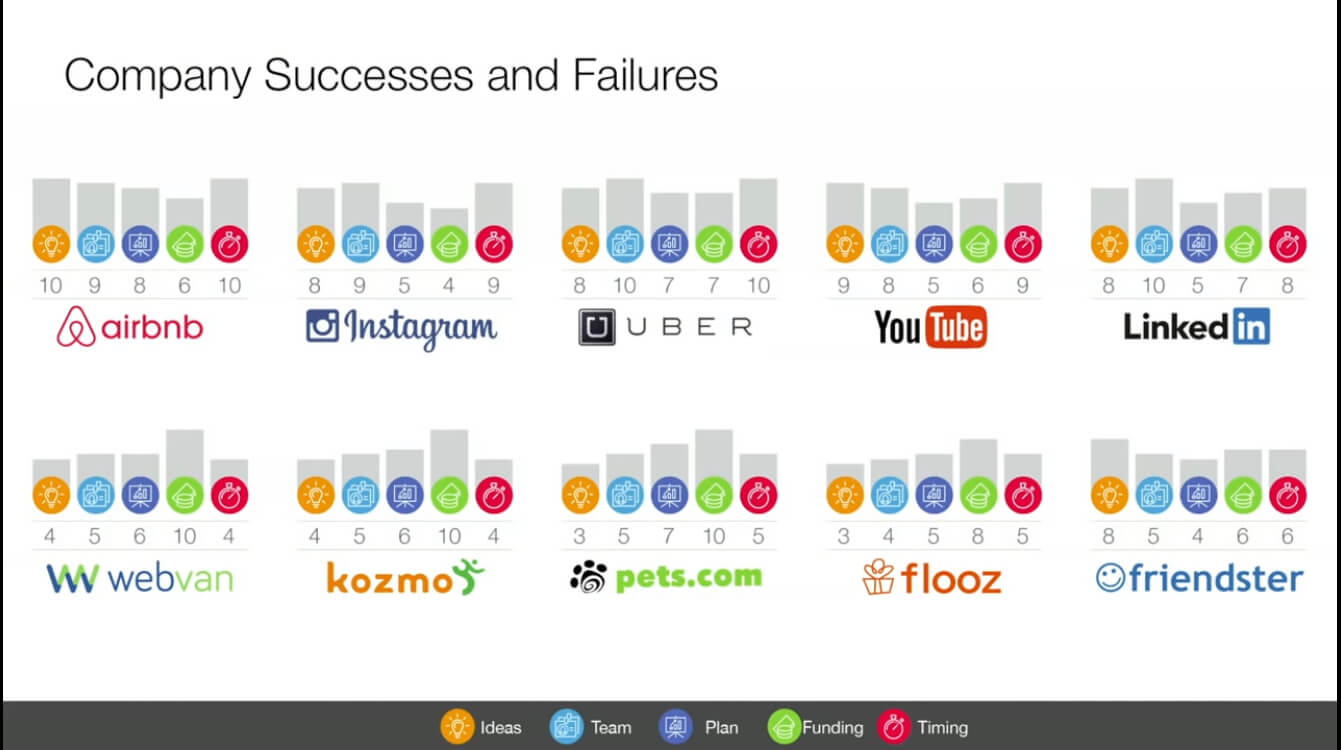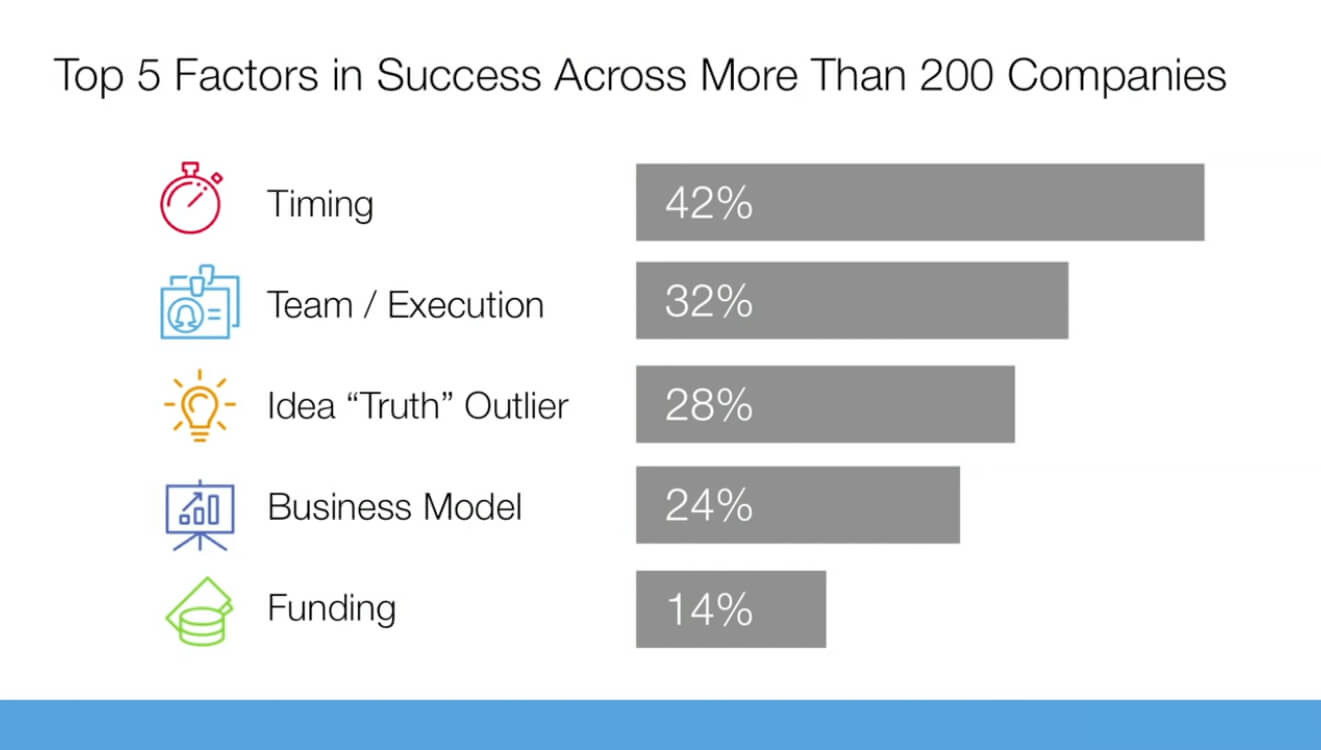


If these questions rule your brain 24*7 then read on.
When you begin to think of your big startup idea it feels like, “This is my cup of tea. I can definitely make it work.” But alas, the questions come back to you.
You’re left there, wondering “Is my idea worthy of the market? I am confident that I could easily create something that the market demands and hustle to reach my startup goals and succeed”
Will you succeed though? Even after every logical argument, assurance, guarantee, your brain remains unconvinced. There are even occasional random bursts of energy and you feel positive about it. Which one would be the right option to kickstart your dream? Is it the idea you are passionate about or one that should be a market-fit?

The market fit: You’re bouncing great ideas. Doing your research. Looking for a problem and your new idea as the solution to an existing problem. You grasp what is going on in the world. Deeply understand the global and niche market and find out which one or two ideas would narrow down the field? Consolidate a good launch and get you the best traction. Ultimately, become profitable within a year.
The dream startup: On the other hand this one is the majority favorite, the idea you love. Ever since you thought of building a startup, you wanted to build this. A definite success in your eyes. This is what you believe in and is close to your heart — you are passionate about.
Well, let me hijack your train of thoughts. Most of you guys might spend several hours of the day wondering what choice to make. Turns out, it doesn’t matter. In both scenarios, things can play out exactly the way you want them to be — if you choose the right action plan. You just need to ask the right questions before you finalize on your next big startup idea.
The most sought-after question of building startups. Right from Simon Sinek to every other guru in the startup world gives it high importance. So, let’s address this first.
Follow the right narrative to validate your idea — Why > How > What?
We need to make your startup story worth a successful pitch and sound like a well-grounded business model. Let’s see how this will play out as a narrative if you have to answer all the above questions
Why: We are building this product because it is beneficial to all for several reasons. It could empower, educate and enable everyone to improve their lives and impact others to achieve their goals.
How: We have a great and efficient team to build and execute the launch of this product and a marketing team to promote it.
What : Its unique. It’s visionary and its priced right for your needs. Want to buy one?
Instead many startups have made the mistake of believing in their idea so much that they start with the ‘What’ first. I have build this unique product which I love and believe in it myself. I will build the product immediately with a team and then I am sure everyone is just waiting for the launch. They will buy it as soon as it hits the shelves. This doesn’t work. No one is waiting for you to launch this shiny new gizmo, SAAS product or service.
But, is asking the ‘Why’ in the beginning enough to validate the launch of your idea? Does merely bringing a story to the table consolidate your success? Turns out, No.
There’s another very important pointer.
What entrepreneurs often forget when they address the ‘Why’ process is to also figure out “When”. Many startups can probably say ‘Yes, we are building this to solve a very serious issue or an aching problem in the marketplace.’ Or ‘I am building an unicorn and without any competition, success seems inevitable’
Well, no. What you also need to focus on is timing the launch of your startup.
If you look at the 2021 CBINSIGHTS below — about 35% of startups fail because there was no need for the product. Meaning, if there are 50 startups established at a single point of time. 18 out of them might fail ONLY because they were not needed. They did not think of the “when” and launched the product even though there was no market requirement.

Let’s look at two examples and see how addressing the “when” makes all the difference.
Webvan — At the peak of the dotcom bubble in 1998 WebVan was launched with ambitious plans to change the groceries business by going online. Too much money was spent to build a complex infrastructure which didn’t finally deliver. The home delivery service crashed and burned in under 2 years. Why did this happen? For the mere reason, they jumped in too early in a space that they never knew how to manage and execute. People did not blindly believe in technology and thus refuted it in no time.
A badly misread state of the market affected the entire success of the product.
On the other hand, we have the world famous IOS operated iPhone. A product with bold aim, genius in product innovation team and touch friendly device. But the real reason Apple experienced such tremendous growth was that they saw the critical mass. Apple entered the mobile market at the exact right time — on the eve of the smartphone revolution, with the product and marketing savvy to create a cultural phenomenon. Thus, the right state of the market allowed the company to catapult to the top position.
In a recent example FireChat was an app that launched during the Hong Kong Umbrella Revolution. With no phone service due to the protests the technology allowed users to connect with bluetooth — 200,000 users signed up overnight.
According to Bill Gross’ TedX presentation, he mapped out scenarios from his own clients at Idealab and also world examples using 5 metrics


What do the above metrics prove? Neither the team execution, nor idea, nor the business model, nor the funding were the leading factors in the success of a company. It was the timing of the launch as you can see below. Believe me, it honestly does not matter, whether your next startup is a market fit. Or one that you are passionate about. You NEED TO think about TIMING the launch of your startup too.

Now that we are done with the basic questions, let’s converge these things to have more focus. If we address the WHY + WHAT + HOW + WHEN and intersect them, we should find the right perspective for your startup.
So, what is the answer to the right choice — a startup idea that you are passionate about or should it be a market-fit?
Turns out, if you guys have a researched a product that aligns with these 4 pointers then you do have the green light to proceed. You are on your way to building your business model, a pitch deck and your first MVP or website/app.
You’re at the start of something completely new. There are days when you believe in yourself and there are days when you don’t. You may need someone to guide you. Even bounce your ideas, brainstorm and find solutions to align your train of thoughts. You probably need someone with a lot of experience to help you navigate through to the launch of your new idea.
Just as you have found the right perspective for your startup it is very important to find a perspective for your approach as well. I have been a business mentor for the past 28 years. Throughout my career I have learnt to advise — according to my mentees’ strengths and weaknesses and address any issues they might have while building and then running their startup.
Making all the pieces fit together can be daunting. I can work closely with you and help build a startup from your own perspective. Use your past failures / victory list and your knowledge of the startup ecosystem to give you clarity and focus. I can provide you a guided path for your success. Working with you as an entrepreneur would make me more than happy. Because, every success that you achieve, is a victory that I reach.
“What I think the mentor gets is the great satisfaction of helping somebody along, helping somebody take advantage of an opportunity that maybe he or she did not have.”
“Knowing that I'm talking to someone in this mentoring relationship who's interested in the big idea here is very, very important to me. ”